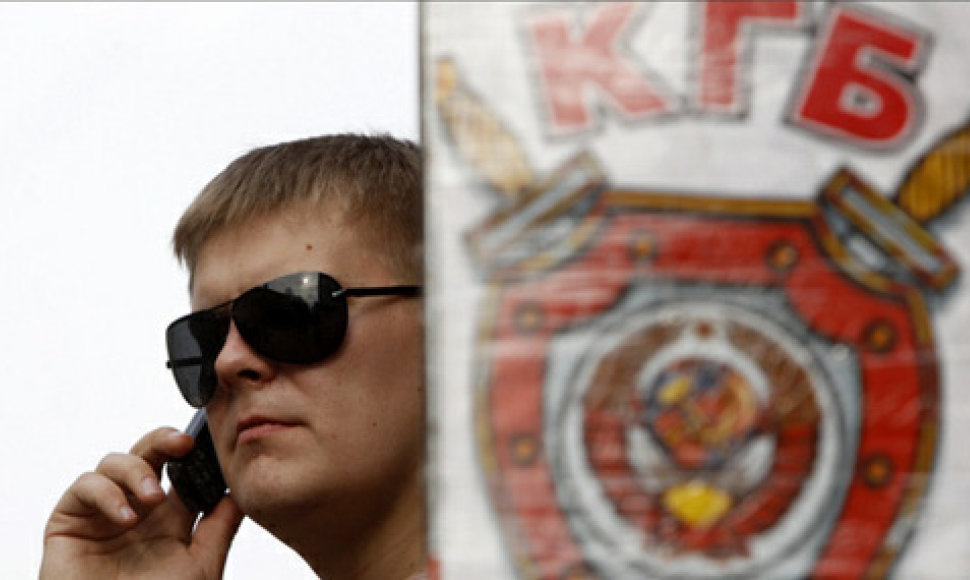Maliukevičius, an expert on information wars, also says that one needs to realize that there's no longer a line between the official and non-official diplomacy following the US spying scandal, sparked by ex-US intelligence officer Edward Snowden, and the publication of classified documents on the WikiLeaks website.
"I would definitely want to draw a connection with the American WikiLeaks. Of course, the scale is hardly comparable but in principle there's the same strategic consequence as working diplomacy has been revealed, in this case, working, phone diplomacy has been revealed, which is very familiar, as you can see. And time has probably come for us to realize that there's no longer a line between private and public diplomacy, private and official diplomacy in the century of Snowden, Wikileaks, PRISM stories. It is very complicated and it makes the work of diplomats very complicated," the political scientist told BNS on Thursday.
In his words, the facts that the conversations were leaked online and they were subtitled in English do not allow us to take our eyes off Russia as a potential executor of this provocation.
"In this case, the first impression would seem to not allow us to draw direct connections with Russian special services as the Internet is global, it's not Russian TV, English is not Russian. Everything seems artificial, I would say, aimed at taking eyes off Russia. But it's impossible to take eyes off Russia as practically everything mimics the old active measures as a technology that the KGB used to employ," Maliukevičius said.
He also, among other things, drew attention to the fact that montage specialists could have worked on the recordings.
"One cannot really buy it that the whole conversation is the way it really was," he said.












